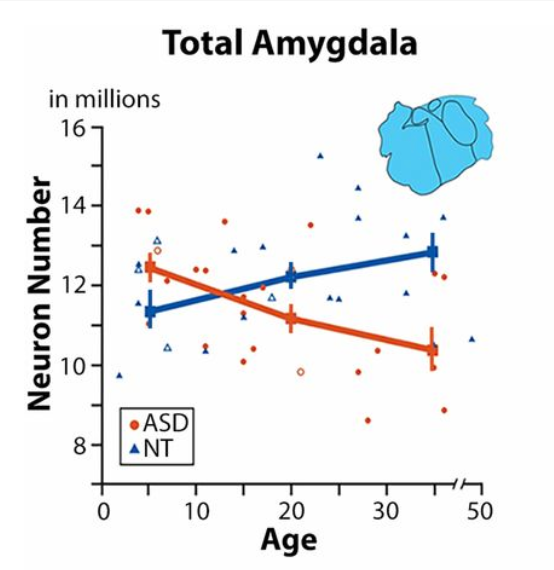My beloved husband, Walt, told me tonight that he chatted with an old friend, Bob, from college today. Bob brought up the idea of servant leadership as a way of life.
I said, “What? I’ve never heard those words together before!”
My mind did a few cartwheels as those two words, when combined, expressed the essence of EBT. They gave me a new way to think about the elegant relationship between our two brains, which could help amplify our capacity to find peace and power from within.
The whole topic of free will is hot now (see the article that compares the work of Robert Sapolsky, who proposes we have none, and Kevin Mason, who says we are free agents). Both biologists agree that the capacity to self-regulate varies widely, but I wonder if the whole field is so conflicted because we have not explicated a healthy relationship between the thinking brain and the emotional brain.
For example, the woman in the image above is deluged with fascinating cognitions, but I’m not sure she has a template for finding peace inside, which I see as a two-step process.
Step 1. I am a servant of my emotional brain
A small slice of surrender to the unconscious mind, a bow to Robert Sapolsky, can unleash a lot of power. We are all victims of whatever ridiculous circuit might have been stored in our amygdala, maybe even in utero from our mother’s random stressful event, which is activated in the present adult life seemingly unrelated to that little beginning but still triggers biochemical and electrical mayhem with absurd thoughts and errant drives.
One study found that the amygdala, the storehouse of our emotional experiences, has about 14 million neurons, which is a lot to control, particularly during a stress crisis, according to a report from the American Psychological Association.

How does that impact your EBT Practice? For me, it’s a relief, as I can add a dose of humility to my relationship with my emotional brain. I have some of those looney “allostatic circuits” that can careen me out of control just because my amygdala happens to cough them up at the most inconvenient of times. Recognizing that practice of surrendering to my biological reality, I can relax more. Who knows when one of those wires will activate? I am not in complete control and can never be. How refreshing is that? Next comes the second step.
Step 2. I can use my thinking brain to lead the way
What about personal control, tipping our hat to Kevin Mason? From the perspective of the EBT method, we don’t have to force changes in our control; we just appreciate two extremely powerful forces built into each of our brains. One is that if we are not at Brain State 1, we’re apt to activate one of those allostatic circuits, causing all sorts of problems and blocking our joy.
However, by using not our “free will” but our brain’s beautiful resiliency pathways, we can get back to Brain State 1 within a few minutes. This means that we can trust our brains and ourselves. Our thinking brain, which can be rather wobbly, scattered, stuck, or under toxic stress, just needs to be in the habit of reaching for the EBT app whenever it is not in Brain State 1 and getting back to that blessed state.
Once at Brain State 1, the eudonic rewards (the seven rewards of a purposeful life) are quite alluring, and if we move forward with one of them in mind, we can lead the way for our own good and the greater good, too.
The beauty of life: a brain that welcomes servant leadership
As humans, we are adjusting to this new Age of the Emotional Brain, when shared stress levels are so high that finding peace with our stress brain, the emotional brain, becomes the most important step we can take to improve our health and quality of life. This two-step can help.
The practice in EBT is to start the day by saying, “I am creating joy in my life,” and then using EBT to spiral up whenever that joy state eludes us.
Perhaps that practice will run more smoothly if we first find ourselves amused by life, appreciating that in a nanosecond, a random wire can take charge of us, and push back on the idea of having no free will by reassuring ourselves that we are always a spiral up or two away from being in control and fully able to move forward with peace, power, and purpose.
So, given the hidden powers of our brain, using these two steps may mean that much of the quality of our lives is in our hands, after all.
